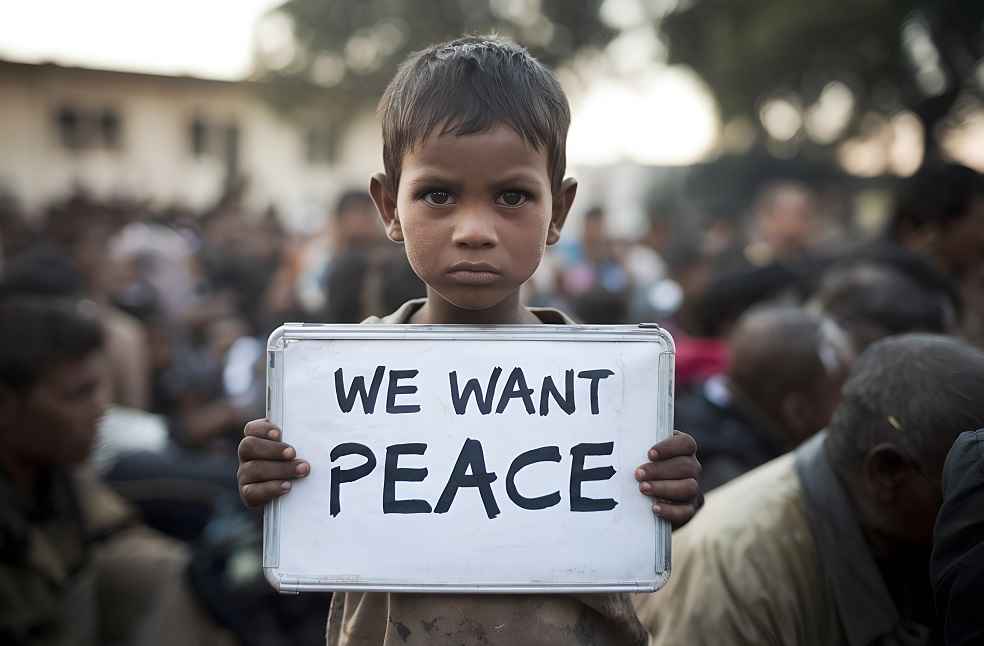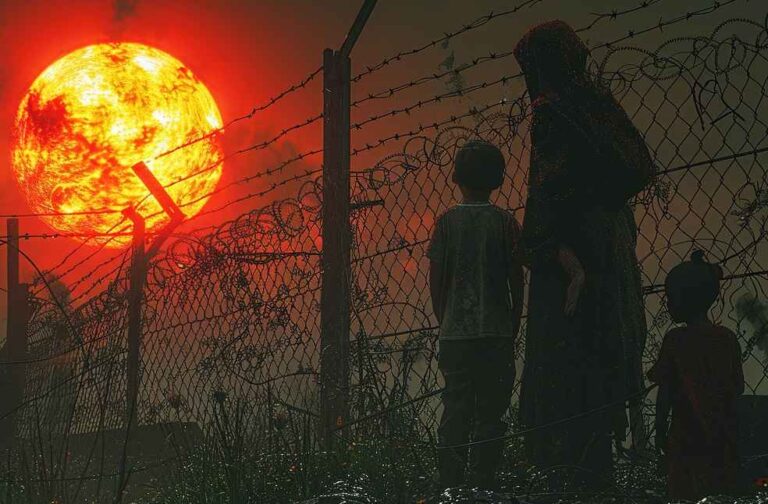Jerusalem: Israel and Hezbollah engaged in a significant exchange of fire on Sunday, marking one of the most intense clashes since the onset of the Israel-Hamas conflict. Hezbollah, supported by Iran, fired over 320 rockets at Israeli military positions. This came in response to Israeli strikes on Hezbollah missile sites in southern Lebanon, which Israel characterised as a preemptive measure.
Israeli Prime Minister Benjamin Netanyahu has pledged a robust response, highlighting Israel’s preparedness to confront regional threats. Hezbollah’s timing coincides with heightened diplomatic activity in the region.
US Secretary of State Antony Blinken’s recent visit, his ninth since the Gaza war began, concluded without securing a ceasefire. Ongoing negotiations in Cairo, led by the US, Egypt, and Qatar, have yet to produce a resolution. The visit of US Air Force General CQ Brown underscores Washington’s deepening concern over the escalating tensions.
The increased deployment of US forces in the region suggests the possibility of American involvement. Hezbollah’s latest assault may be the beginning of a broader retaliatory campaign, particularly after the group indicated that Sunday’s strike was “the first phase” of its response to the killing of commander Fuad Shukr.
Iran’s Response Critical

The trajectory of the conflict now largely hinges on Iran’s actions. Despite vowing retaliation for the assassination of Hamas leader Ismail Haniyeh in Tehran last month, Iran has so far refrained from direct action. With ceasefire talks in Gaza stalled and the humanitarian crisis worsening, Tehran is under mounting pressure but faces limited options.
Iran’s proxies, including Hamas and Yemen’s Houthi rebels, have seen their operational capacities weakened. Recent Israeli airstrikes have further constrained the effectiveness of proxy warfare. Iran’s previous missile and drone attacks on Israel in April, which resulted in minimal damage, underscore the difficulty it faces in delivering a decisive blow.
The critical question is whether the combined military presence of Israel and the US will deter Iran or provoke further escalation. Should deterrence hold, a broader conflict may be averted. However, if it fails, the region could be plunged into a more extensive and devastating war.
MOST TRENDING | Young voters view Kamala Harris as mature, balanced, and likely to Win



